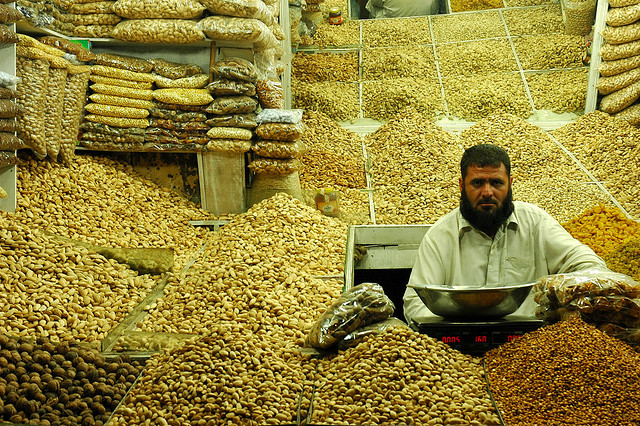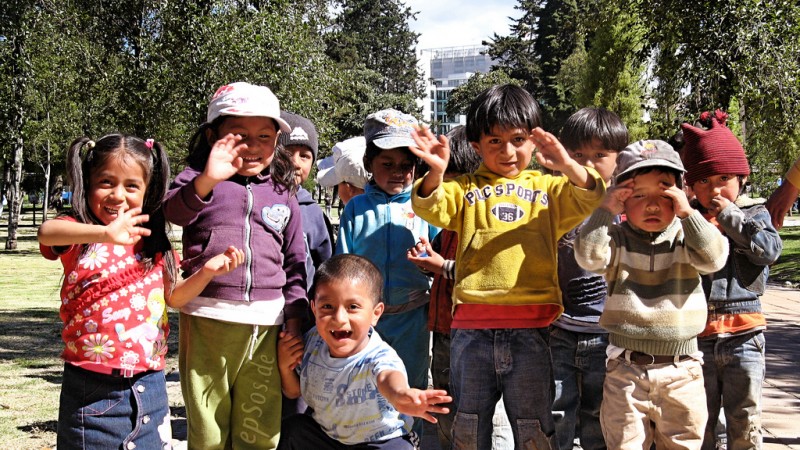I’m as guilty as the next traveler of snapping candid photos of local kids in exchange for little more than a smile. Or blindly pushing through an over-enthusiastic crowd of souvenir vendors.
Vagabondish is reader-supported. When you buy through links on our site, we may earn a small affiliate commission. Read our disclosure.
Whilst this is occasionally unavoidable, I can’t help feeling a tad hypocritical when I later rave about wanting to ”˜meet the locals’. After all, these locals that I am ”˜dying to meet’ are exactly those who I am (sometimes literally) pushing to one side as I escape back to my comfort zone.
On my last trip to southeast Asia I made a point of speaking to everyone I came across and soon learnt the most interesting and insightful companions were often right under my nose.
These five people are some of the most important locals you’ll meet on your travels and chances are you’ve exchanged less than a few words with them.
#1: The Tuk Tuk Driver
A Tuk Tuk driver can be a useful person to know – these guys are in the transport trade so the one thing they know is places to go. Borrow their expertise to guide you to the lesser-visited sights, to pick the quietest time to descend on the tourist-riddled attractions, or to find the best lookout points from which to watch a sunset or photograph a landmark.
The trick is to ask a lot of questions and not to be put off when they initially tell you only what they think you want to hear — eventually they’ll realize that you want more than the standard tourist repartee. Quiz them on the most popular places for locals to hang out, the best parks to relax in on the weekend, the yummiest restaurants to eat at.
As an added bonus, befriending your Tuk Tuk driver considerably decreases the risk of being heavily overcharged or winding up bribing your way out of a carpet stall hours later.

Dry Fruit Vendor in Peshawar, Pakistan © Umair Mohsin
#2: The Street Vendor
In many countries street stalls are the go-to fast food outlets for locals and serve a range of snacks, drinks and meals that should tick all the boxes on your ”˜foods-to-try’ checklist. But they’re not only the best places to eat, they’re also one of the best places to learn about local cuisine and expand your culinary skills.
Visit the same stall on a few nights, sit at the counter and strike up a conversation with the vendor. Chefs from all corners of the world are suckers for a compliment so learn the words for ”˜delicious’, ”˜spicy’, and ”˜the best’ in the local language and inquire about their expertise. Before long you’ll find yourself scribbling down recipes as they talk you through each dish. Be warned though — there are some ”˜delicacies’ that you’re better off not knowing about!
Enthusiastic regulars may be lucky enough to score a few free tasters — an excellent way to sample the different tastes on offer without committing to finishing the whole dish.
If you’re lucky you’ll get some tips on how to eat it too. I once suffered a hilarious and humbling lesson from a gaggle of women at a street warung in Indonesia after they’d laughed at my attempts to eat rice and curry with my hands.
#3: The Student
No city is complete without a lively crowd of students doing everything they can to escape from their study sessions. Students make great tour guides. Mainly because they have a lot of free time (especially in the summer months) and because they are often so keen to meet – and party with – foreigners. They are generally a friendly and easily entertained bunch, who are more than happy to exchange some insider tips over a couple of beers.
Students are generally a friendly and easily entertained bunch, who are more than happy to exchange insider tips over a couple of beers.
Hang out in the local student bars and you’ll soon find yourself juggling party invites and learning the cheapest places to find a midnight snack. Or search online for like-minded individuals on network sites like Couchsurfing, Hospitality club or even Facebook. Many of these sites advertise student events and provide an easy way to discover what’s going on in your destination. CouchSurfing groups in major cities often organize weekly get-togethers of locals and travelers and are an excellent way to search out the student crowd.
#4: The Guesthouse Owner
Make real friends with your host and they’ll make sure you get to your bus/plane on time, help heave your rucksack up the stairs and ply you with free tea and coffee as you regale them with tales of your travels. They’ll keep track of your whereabouts, safe-keep your valuables and (hopefully) inform the police if you aren’t home within 48 hours. Not only that but they can answer endless questions about your new destination. It’s a win-win situation.
Opt to stay in a small, family-run hostel or guesthouse and you’ll soon find yourself taken under their wing. I’ve had guesthouse owners borrow a television so I could watch England play in the World Cup and been loaned all number of luxuries from hairdryers, extra blankets, and medical supplies by their ever-helpful staff. One Peruvian landlady insisted that I eat dinner with her family after witnessing me chomping down a pot-noodle. Another was so concerned about me finding a safe taxi home in the evening that he gave me his number and came to collect me himself.
Sure, they might not be the life and soul of the party, but for that ”˜home away from home’ feeling, nothing beats a good host.

Happy Children Playing in Quito, Ecuador © epSos .de
#5: The Local Kids
Local kids are often fascinated by Westerners. Although your first instinct might be to hand over a pen or some candy to win them over, try spending some quality time with them instead. It’ll take a bit of practice but once you figure out how to establish a rapport with the under-13’s you’ll open the gateway to a whole world of interesting information about your destination.
Learn a few phrases in the local language – young children are perfect for practicing pronunciation on, as long as you can take the chorus of giggles each time you make a mistake. Once you’ve broken the ice, try playing some games, teaching them a few new English words or sketching out a hopscotch court for them. Be creative, make them laugh and you’ll soon have them eating out of your hands.
Take advantage of this opportunity to find out more about the local culture. Ask them about their schools, their families, whether they get presents for their birthday, what job they want to do when they grow up, their favorite local foods – the options are endless and the answers never cease to amaze. Of course, shy away from anything too probing or personal, but you’d be surprised how much information can be gleaned from a few well-thought out questions. You never know if you don’t ask.


